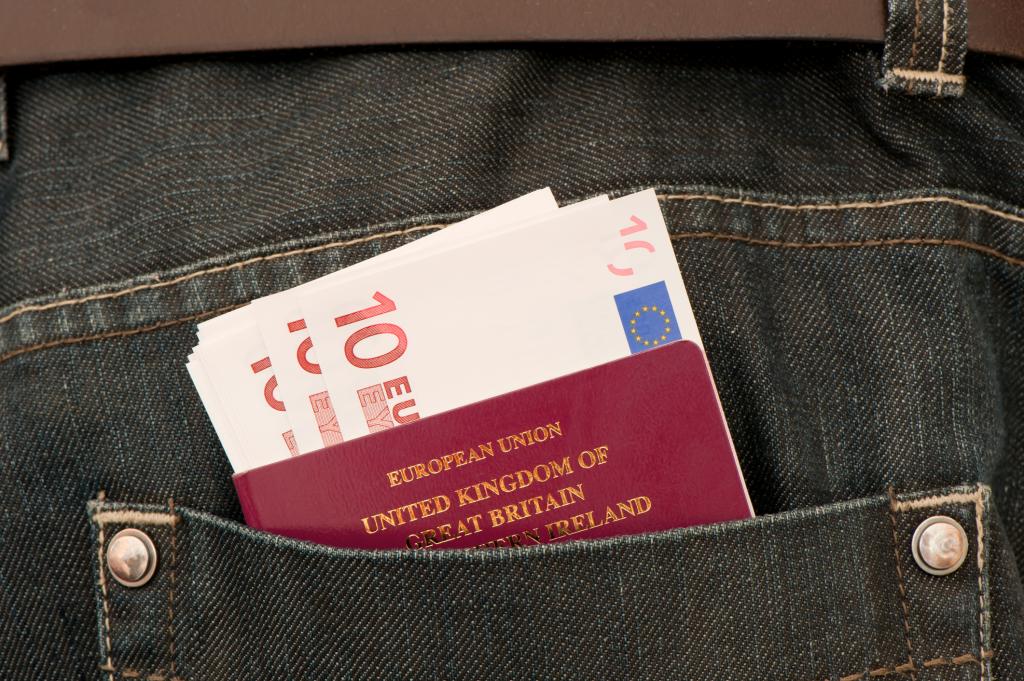
What happens to overseas pensions when you divorce in England or Wales? Do pension sharing orders still apply if they are outside our jurisdiction?
Many couples may have spent time working and building up pensions with employers overseas, only to later resettle in England, either as a couple or following their separation. If divorce proceedings are then commenced in England and Wales, that will also often earmark that jurisdiction to deal with the resultant division of finances between the couple.
The English Courts have a range of orders at their disposal, which can in the vast majority of cases be creatively employed to bring about a fair and appropriate settlement.
Since the year 2000, this has included the ability to make pension sharing orders.
What are pension sharing orders?
Pension sharing orders effectively carve out a slice of the scheme member’s pension provision and place it in the name of the other spouse. This can involve the spouse becoming a member of the same scheme from which the original pension credit was sourced. Alternatively, that pension credit can be removed from the original pension scheme and reinvested in a different pension wrapper with a different scheme.
You can read more about pensions sharing orders here.
Sharing overseas pensions
A major limitation of pension sharing orders is that in the majority of cases they cannot be made against schemes administered outside of England and Wales.
For a pension sharing order to successfully be made against an overseas pension, the English Court would need to be persuaded both that the order would be enforceable in the overseas jurisdiction and that the managers or trustees of the pension scheme would co-operate in implementing the order.
This stems from the case of Goyal [2016] EWFC 50 (Fam), in which the English courts declined to approve a pension sharing order against an Indian pension scheme, where the wife could not produce evidence that the Indian courts would enforce it.
Other options
Pension attachment orders
If the overseas scheme managers are unwilling to implement the pension sharing order, involving either removing the pension credit from their scheme or adding the former spouse as a new member, they may be more inclined to look at a pension attachment order.
Pension attachment orders involve the original pension scheme remaining where and as it is, save that the scheme managers are given directions by the court as to how and to whom the pension should be paid.
The major limitation with pension attachment orders is that the payment to the non-member spouse ends when the member spouse dies. For this reason, they are sometimes dovetailed with a life insurance product or some other provision is made to underwrite the scheme payments.
Attachment orders have been very rare in England and Wales since pension sharing became possible, but where pension sharing isn’t an option, they can be useful.
Offsetting overseas pensions against other capital
Owing to the issue of what happens on the death of the scheme members, a better option than pension attachment orders can often be to look to offset their value against other pension or non-pension assets in some way. It is often a good idea to involve a Pension on Divorce Expert (or PODE) in this offsetting exercise.
Where there are potential divorce and overseas pensions amongst the pool of assets, consideration should be given to the following:
- Whether it may be more appropriate to commence divorce proceedings in the jurisdiction where the pension is administered in order to stake a more effective claim against it;
- Whether the scheme managers would honour and be willing to implement a pension sharing order made in England and Wales;
- Whether the overseas trustees may be more inclined to implement a pension attachment order rather than a pension sharing order;
- Whether it may be more appropriate to look at offsetting the overseas pension against other assets; and
- Whether it may be more appropriate to make a maintenance order to redirect some/all of the pension income as intended.
Pensions on divorce is a specialist area and, within that, international pensions can be a highly technical area to navigate. The implications if not handled correctly can be significant.
It is therefore vital that specialist advice is obtained from a family solicitor experienced in dealing with international pensions on divorce issues.
If you would like advice on overseas pensions from one of our specialists, please get in touch and we would be happy to assist you. To discuss any of the issues raised in this article, please call 0345 450 5558 or email FamilyFinance.Exeter@stephens-scown.co.uk.
